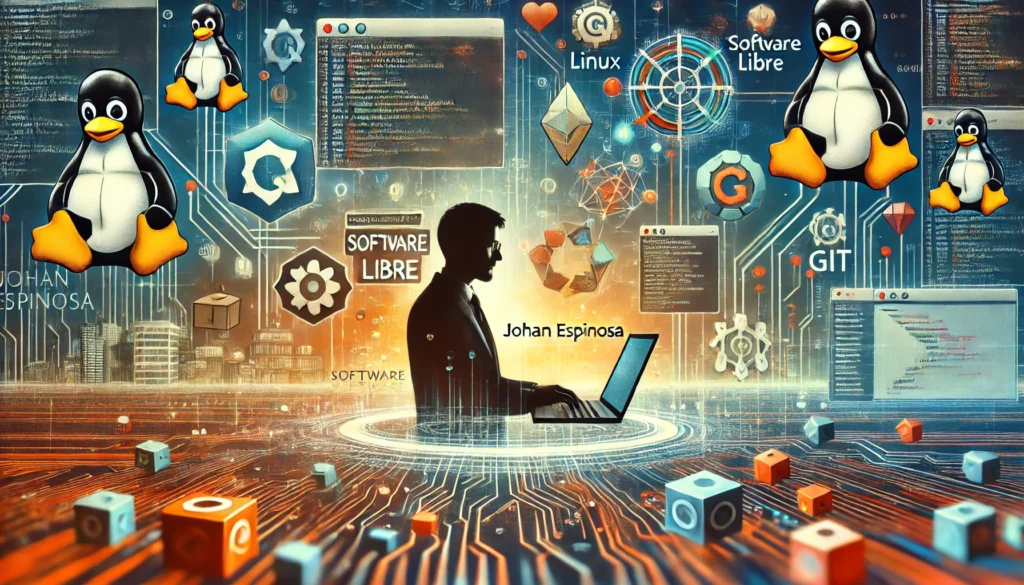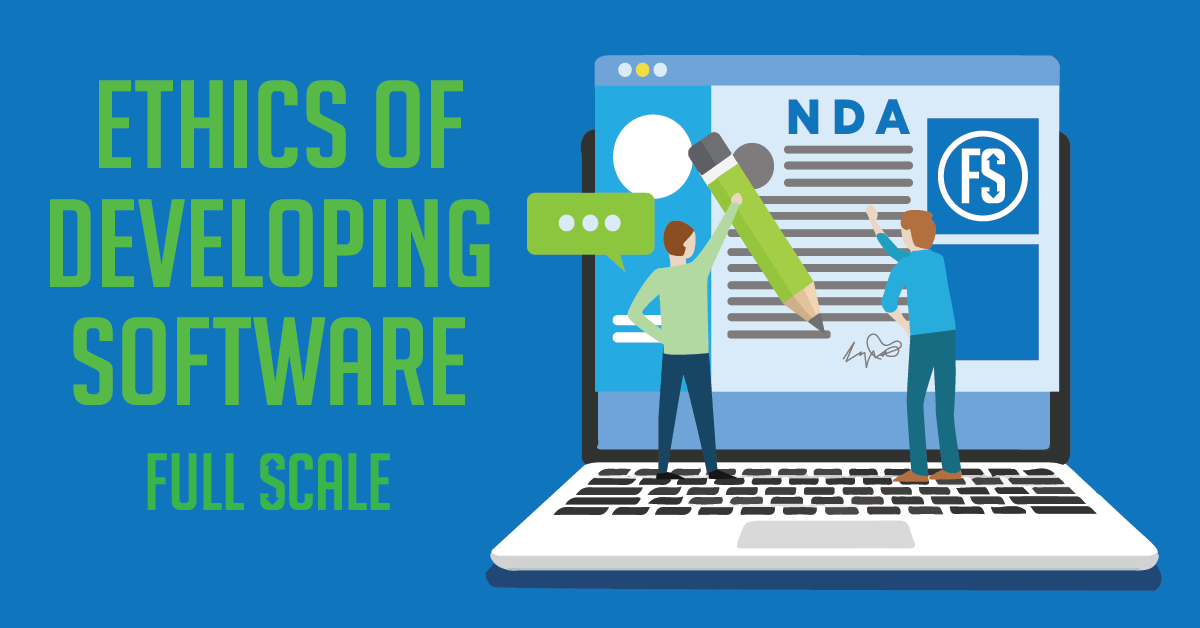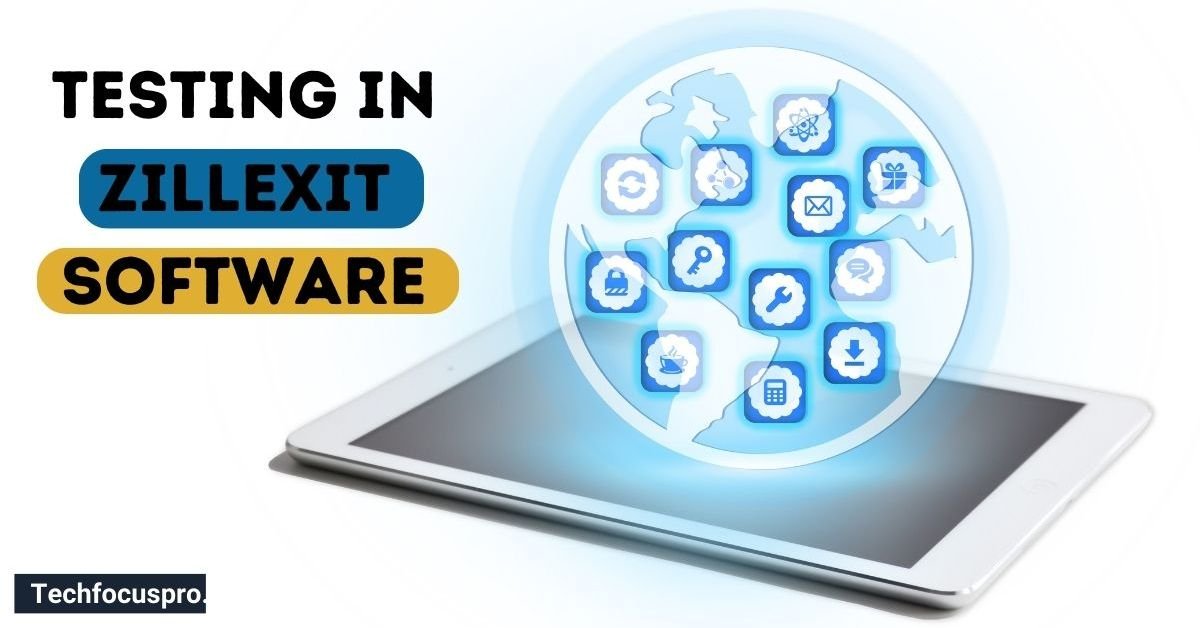johan espinosa software libre is a prominent advocate for software libre, a movement that emphasizes the freedom to use, modify, and distribute software without restrictions. His dedication to this cause has significantly influenced the open-source landscape, particularly in Latin America. Espinosa’s work focuses on empowering users and communities, allowing them to break free from the constraints imposed by proprietary software.
Understanding Software Libre
Software libre, often referred to as free software, is built on four fundamental freedoms:
- Freedom to run the program for any purpose.
- Freedom to study and modify the program to suit individual needs.
- Freedom to redistribute copies to help others.
- Freedom to distribute modified versions to benefit the community.
These principles promote collaboration, innovation, and accessibility, making software libre a powerful tool for technological independence.
Johan Espinosa’s Journey
Espinosa’s journey into the realm of software libre began with a recognition of the limitations posed by proprietary software. His early experiences motivated him to advocate for an inclusive approach that allows users to benefit from collective knowledge and expertise. This commitment has driven his efforts in promoting open-source solutions across various sectors.
Key Contributions of Johan Espinosa

Johan Espinosa has made significant strides in the software libre community through various innovative projects and initiatives. His contributions include:
- Development of Open-Source Tools: Espinosa has been involved in creating user-friendly applications that bridge the gap between complex technologies and everyday users.
- Advocacy for Open Standards: He has pushed for the adoption of open standards in both public and private sectors, ensuring software remains accessible and modifiable.
- Educational Initiatives: Through seminars and workshops, he educates developers and users about the benefits of software libre.
The Importance of Software Libre
Software libre plays a crucial role in promoting technological sovereignty, especially in developing countries. It allows individuals and organizations to reduce dependency on expensive proprietary solutions, fostering innovation and collaboration.
Promoting Education through Software Libre
Espinosa strongly advocates for using software libre in educational settings. He believes that students should have access to tools they can modify and improve, fostering critical thinking and problem-solving skills. Educational institutions adopting software libre benefit from reduced licensing costs while providing hands-on learning experiences.
Empowering Small Businesses with Free Software Solutions
Small businesses often face financial constraints when it comes to software licensing. Software libre provides affordable, customizable solutions that enable these enterprises to implement essential tools like customer relationship management (CRM) systems without incurring significant costs. Espinosa’s work aims to make these technologies accessible, promoting competitiveness and innovation among small businesses.
Government Adoption of Software Libre
Espinosa has also influenced government adoption of software libre in Latin America. He demonstrates how free software can reduce costs, enhance security, and improve transparency within public institutions. Countries like Ecuador, Venezuela, and Colombia have begun implementing free software solutions in their operations as a result of his advocacy.
The Global Impact of Johan Espinosa’s Advocacy
While his influence is particularly notable in Latin America, Johan Espinosa’s advocacy extends globally. His efforts have fostered international collaboration among developers, creating a vibrant community dedicated to open-source innovation. This collaborative spirit enhances the scalability of projects, allowing local initiatives to gain traction worldwide.
Challenges Facing the Software Libre Movement
Despite its many advantages, the software libre movement faces challenges such as competition from proprietary solutions and misconceptions about its usability. Espinosa emphasizes the need for ongoing commitment to core values like accessibility and openness to overcome these hurdles.
The Future of Software Libre
The future of software libre looks promising as more individuals and organizations recognize its benefits. With advocates like Johan Espinosa leading the charge, there is potential for further growth in community-driven development and innovation.
Community-Driven Development
One of the strengths of software libre is its reliance on community involvement. Developers worldwide contribute to improving software, resulting in robust, secure solutions tailored to user needs. Espinosa underscores this collaborative effort as essential for ensuring that software libre continues evolving.
The Ethical Dimension of Software Libre

Espinosa advocates not just for the technical benefits of software libre but also for its ethical implications. He argues that access to technology should be a right rather than a privilege, emphasizing that everyone should have the opportunity to modify and improve their tools.
Case Studies: Successful Implementations of Software Libre
Numerous case studies illustrate successful implementations of software libre across various sectors:
- Education: Schools using platforms like Moodle have enhanced learning experiences while reducing costs.
- Healthcare: Hospitals implementing open-source electronic health records have improved patient care without incurring high licensing fees.
- Government: Public institutions adopting free software have increased transparency and reduced operational costs.
Conclusion: Celebrating Johan Espinosa’s Legacy
johan espinosa software libre work in the movement shows a strong commitment to openness, collaboration, and access. His contributions have significantly influenced how we perceive technology’s role in society. By championing free software, he has democratized technology. This lets people modify, improve, and adapt software to their needs.
Espinosa’s advocacy shows that software libre is a choice. It values freedom, collaboration, and innovation. His work inspires new generations of developers and advocates. They are committed to creating a more equitable tech landscape.




